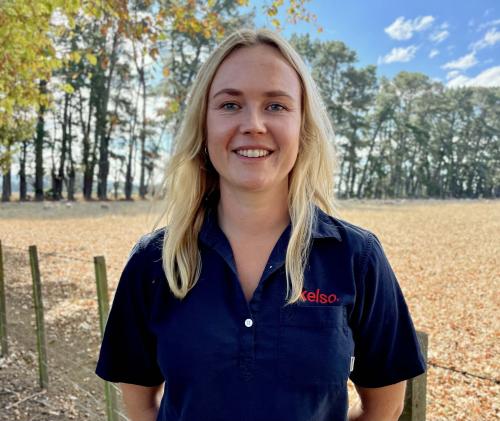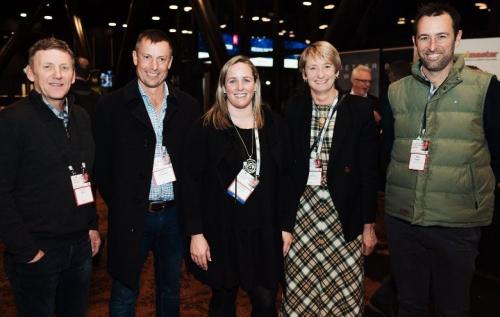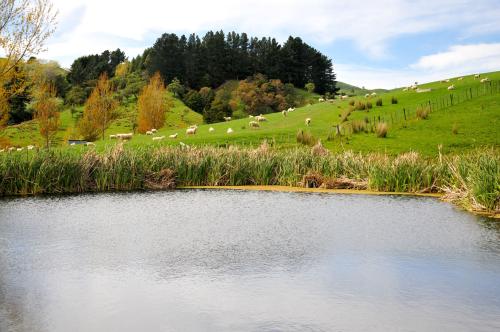Search results
Displaying 201 - 210 results of 913
- Factsheet… advertisement alone also effective way help market sell your job opportunity when putting …
- Industry data… prices during late autumn store lamb market soared due exceptional returns which … older trade cattle 36 softer store cattle market most 202021 meant cattle traders were … preference older stock due predominantly market uncertainty therefore ability offload …
- NewsTwo young farmers have been selected to participate in the 2024 Global Sheep Forum Next Generation programme, scheduled to take place in Australia from 3 to 10 August …

- Resource book… yearling sheep scobie dodds oconnell australian society animal production 2016 …
- NewsThe 2023 Lamb Crop Report has been released by Beef + Lamb New Zealand (B+LNZ). …

- Podcast… dramatically transforming consumer behavior, markets and workplaces across the globe. …

- Resource bookyou can download document pdf our website search health review sheep beef cattle health review workbook httpwwwnzvaorgnzsb httpsgetadobecomreader httpsgetadobecomreader introduction aim healthy …
- PodcastFacilitated by Rowena Duncum from NZME, the four shared their personal perspectives on sustainability, intergenerational planning, and customer expectations in the evolving farming landscape. This …

- PodcastRecorded at a Beef + Lamb New Zealand webinar, Robyn Dynes (AgResearch), Andrew Morrison (B+LNZ Chair), Emma Crutchley, Mark Cox and Nigel Woodhead speak about how farmers can be open to …

- Factsheet… part discussions customers global markets while question mark around whether … progress likely going important maintain market position access time use low methane …